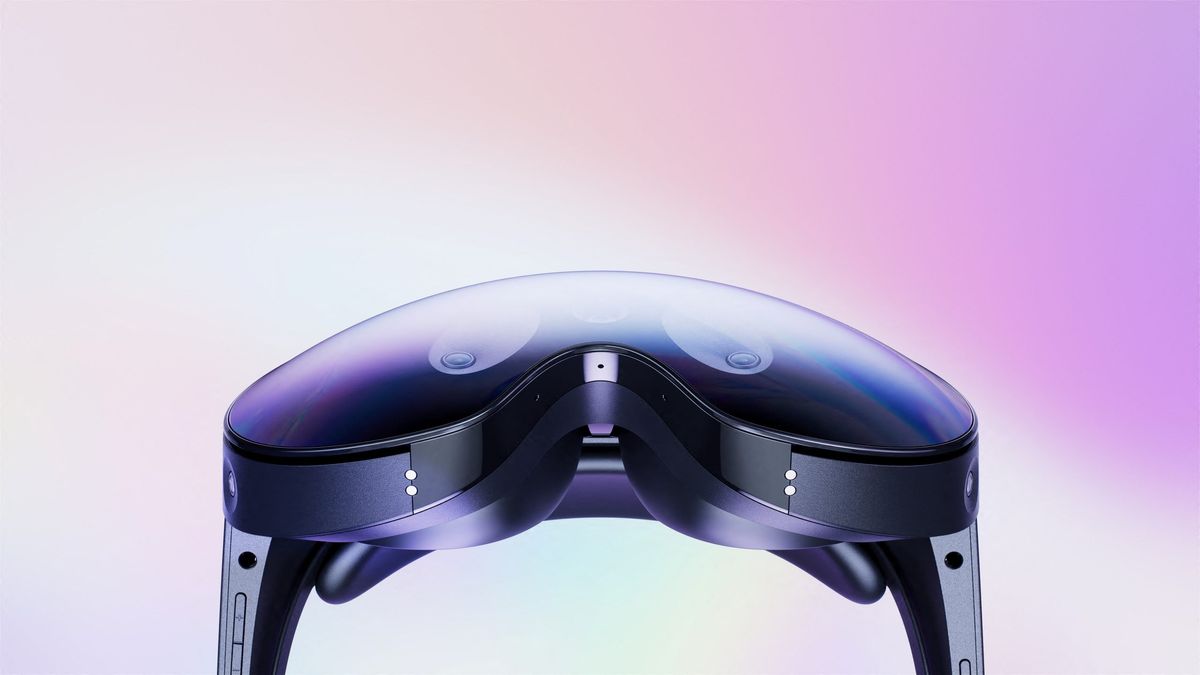Is Meta’s new VR headset leading the way?

A few minutes every morning is all you need.
Stay up to date on the world's Headlines and Human Stories. It's fun, it's factual, it's fluff-free.
Meta just launched its newest VR headset, and boy, is it snazzy. It has a better resolution screen, meaning it’s easier to read text and see small images. It has cameras that detect where your eyes are looking, so VR chats feel a little more natural. And you can use it like a mixed-reality headset to interact with virtual objects and the real world.
Oh, and it’s also US$1,500. So unless you’re ready to pony up for it, the Meta Quest Pro probably isn’t for you.

This is a problem, and it’s essentially one that Meta created for itself. See, since Facebook’s rebranding to Meta last year, it’s pivoted a lot of energy (and money) into fleshing out the VR space. But, it’s been focusing mainly on the social aspect, where people can have virtual conversations with each other’s avatars. And Meta’s version of this kind of VR social network called Horizon Worlds went on “quality lockdown” because it was so buggy that no one could use it.
But, some experts say that trying to change the social realm isn’t the way to break in the new tech. “Personally, I would have bet on trying to do [an] entertainment valuable destination [like a game] first and expanding from there,” said John Carmack, Meta’s former Chief Technology Officer who was in charge of VR. “[Games like] Minecraft and Fortnite that have 100 million plus users, I still think that that’s the right way to go to build the metaverse,” he said.
Carmack has a point – it’s pretty hard to get excited about even more virtual meetings, even if they’re marginally better than the average Zoom meeting. Instead, it’s a lot more fun playing video games to get used to how the headsets and the software work, and then the more boring functions can come in later.
But, another big threat to Meta’s move into VR is TikTok’s parent company ByteDance and its Pico Interactive unit, which is a direct competitor to the Quest line. Although it’s not available in the US yet, it’s already being sold in Asia and Europe and will likely end up in the US market sooner than later. If the massive success of TikTok is any indication – Meta will have to step up its game to stay relevant in the VR landscape.




Comments ()